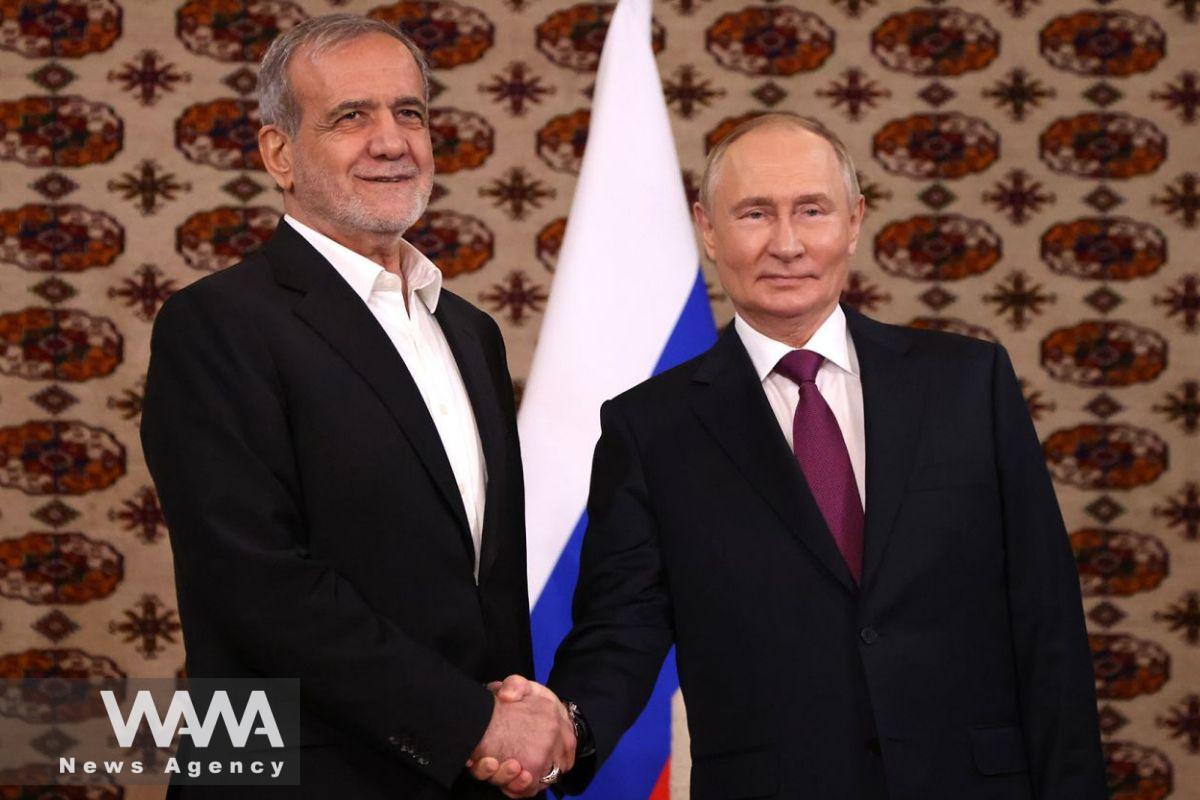WANA (Oct 26) – Tensions between Iran and the West have sharply escalated following the activation of the UN “snapback” mechanism, which reinstates pre-2015 sanctions against Tehran.
The move by France, Germany, and the United Kingdom in September has, according to the Atlantic Council think tank, set the stage for deeper Iran-Russia cooperation and accelerated Tehran’s strategic pivot toward the East, strengthening an emerging anti-Western bloc with Moscow and Beijing.
The Atlantic Council notes that both Iran and Russia are highly pragmatic actors. As long as Western nations continue their isolation policy toward Tehran, closer economic collaboration between the two capitals is a natural outcome. With a shared goal of countering U.S. influence, both countries appear ready to expand their bilateral and multilateral partnerships.
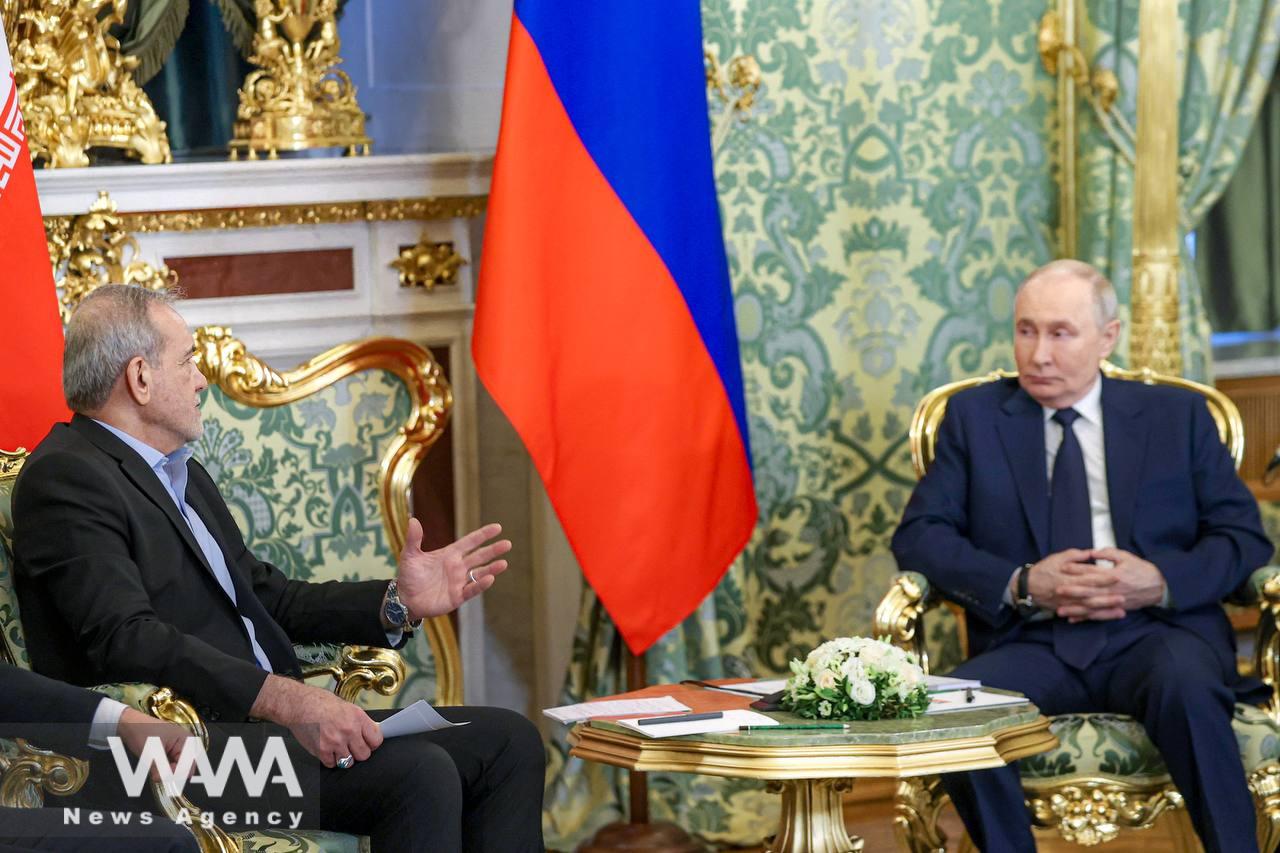

Russian President Vladimir Putin and Iranian President Masoud Pezeshkian meet in Moscow, Russia, January 17, 2025. Handout / WANA News Agency
Russia Aligns with Iran Against Sanctions
Initially, Moscow viewed the snapback mechanism as a practical way to resolve diplomatic deadlock. However, it now firmly opposes its activation. When the three European states launched the snapback process on August 28, Russia denounced the move as “legally flawed,” arguing that Europe had forfeited its right to invoke the mechanism by previously violating the 2015 nuclear deal (JCPOA).
Russia maintains that reinstating pre-2015 UN sanctions carries no binding international force, even as European governments insist on their legal right to do so. Moscow and Beijing made similar arguments in 2020, when they jointly opposed the Trump administration’s unilateral attempt to trigger the snapback, citing a 1971 International Court of Justice opinion that a party withdrawing from an agreement cannot simultaneously claim its benefits.
Despite failing to block the reimposition of sanctions, Russia has vowed not to recognize them and continues to obstruct their implementation, particularly through delaying the reactivation of the UN’s 1737 Sanctions Committee, which requires consensus among Security Council members — something Moscow can veto.
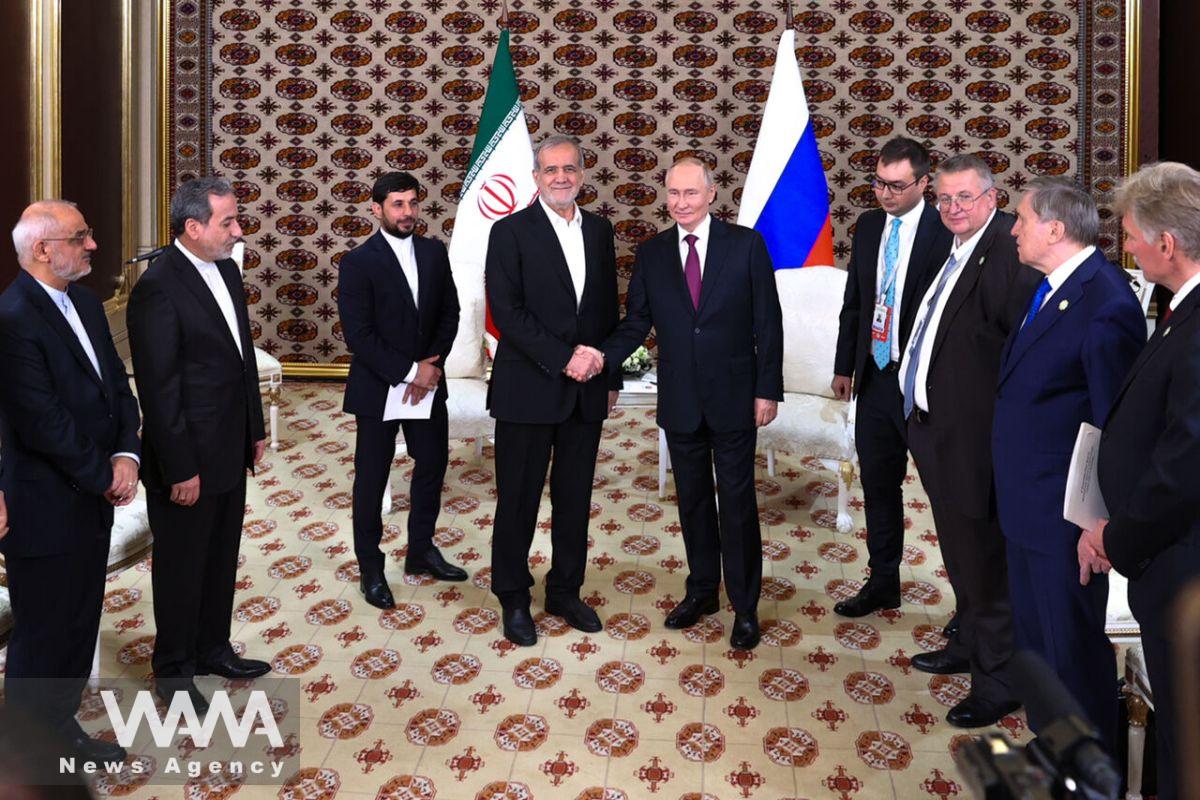

Pezeshkian meeting with Vladimir Putin, the President of the Russian Federation. Oct 2024. Social Media / WANA News Agency
Strategic Defiance, Not Symbolism
The Atlantic Council emphasizes that Russia’s opposition is more than symbolic. It is a deliberate strategy to undermine the impact of sanctions and shield Iran economically.
Moscow’s refusal to enforce the new UN restrictions could provide Tehran with limited but meaningful economic relief, particularly as the two countries continue to implement their “Comprehensive Strategic Partnership Agreement,” signed nine months ago by Presidents Vladimir Putin and Masoud Pezeshkian.
Under this pact, cooperation is expected to expand in energy, nuclear development, and trade. In diplomatic forums, Russia is also expected to more aggressively defend Iran’s interests and criticize Western policy toward Tehran.
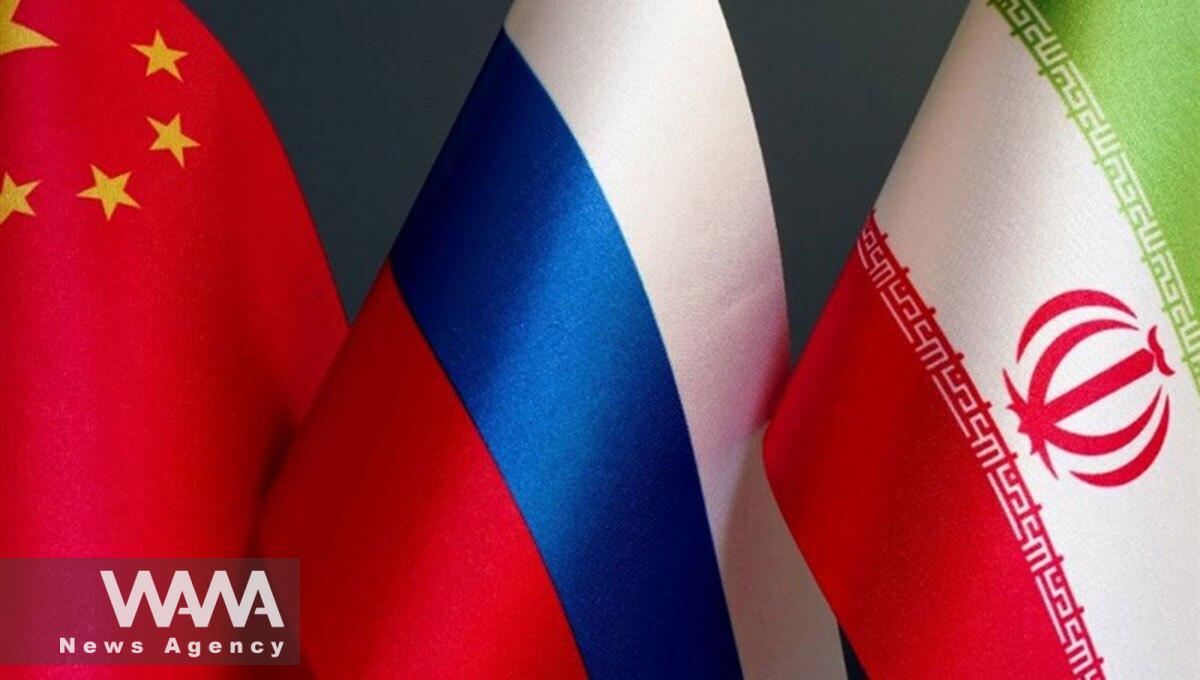

WANA (Oct 18) – The ambassadors of Iran, Russia, and China to the United Nations have sent a joint letter to the UN Secretary-General and the President of the Security Council regarding the termination of Resolution 2231. In this letter, the three countries described the recent move by the European trio (the UK, France, […]
Iran Sees Validation in Turning East
The joint opposition of Russia, China, Pakistan, and Iran to the snapback process has reinforced Tehran’s belief that joining non-Western blocs such as BRICS and the Shanghai Cooperation Organization was a wise strategic move.
Within its “Look to the East” doctrine, Iran increasingly views its geopolitical destiny as intertwined with Russia, China, and other non-Western powers, including Pakistan, Central Asian republics, and even North Korea.
From Tehran’s perspective, Europe’s latest actions — alongside its vocal support for Israel during recent Israeli strikes on Iranian territory and U.S. attacks on Iranian nuclear facilities — have further eroded trust in Western powers and weakened Iran’s pro-dialogue factions.
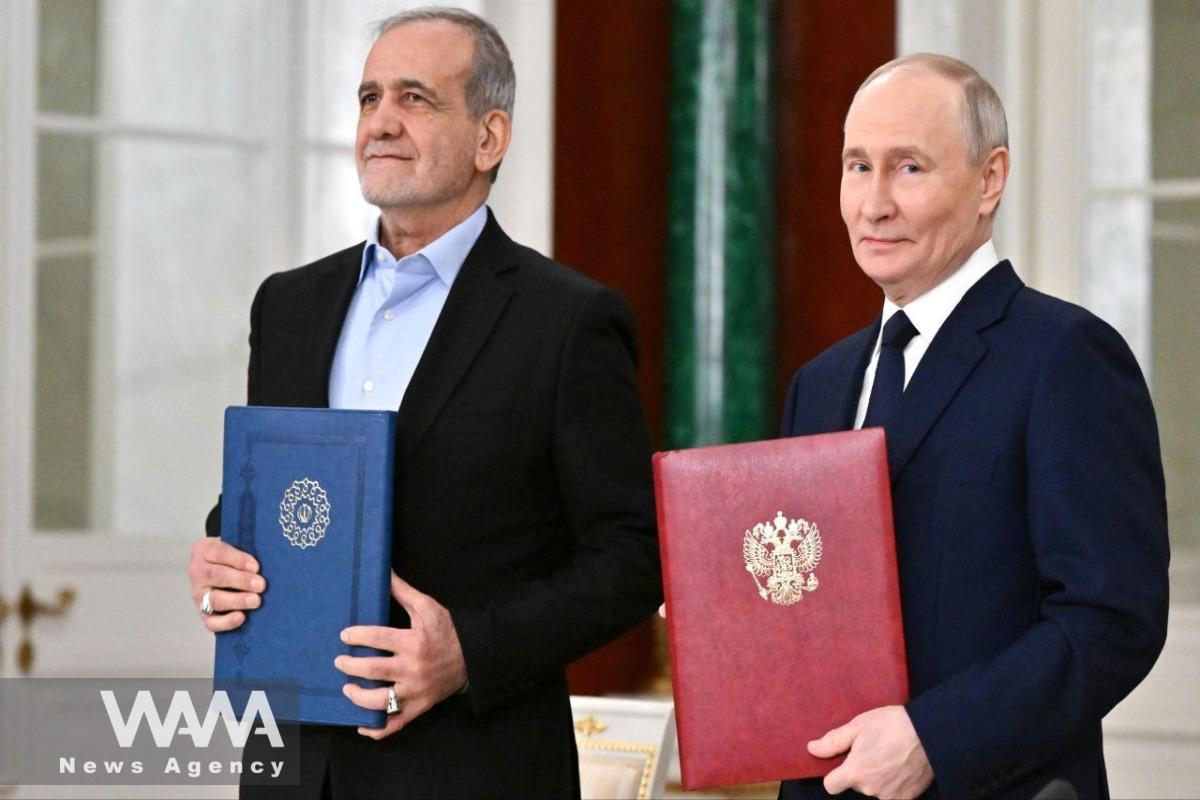

Russian President Vladimir Putin and Iranian President Masoud Pezeshkian meet in Moscow, Russia, January 17, 2025. / WANA News Agency
Shared Objective: Countering U.S. Power
Ultimately, the growing Iran-Russia partnership threatens to undermine Western efforts to isolate Tehran. By tightening coordination across economic, military, and diplomatic domains, both nations aim not only to neutralize Western sanctions but also to challenge the U.S.-led global order.
With prospects for reviving the JCPOA or reaching a new nuclear accord increasingly bleak, the Atlantic Council concludes that the West’s failure to engage Iran effectively over its nuclear, missile, and regional policies will likely push Tehran even deeper into Moscow’s orbit.
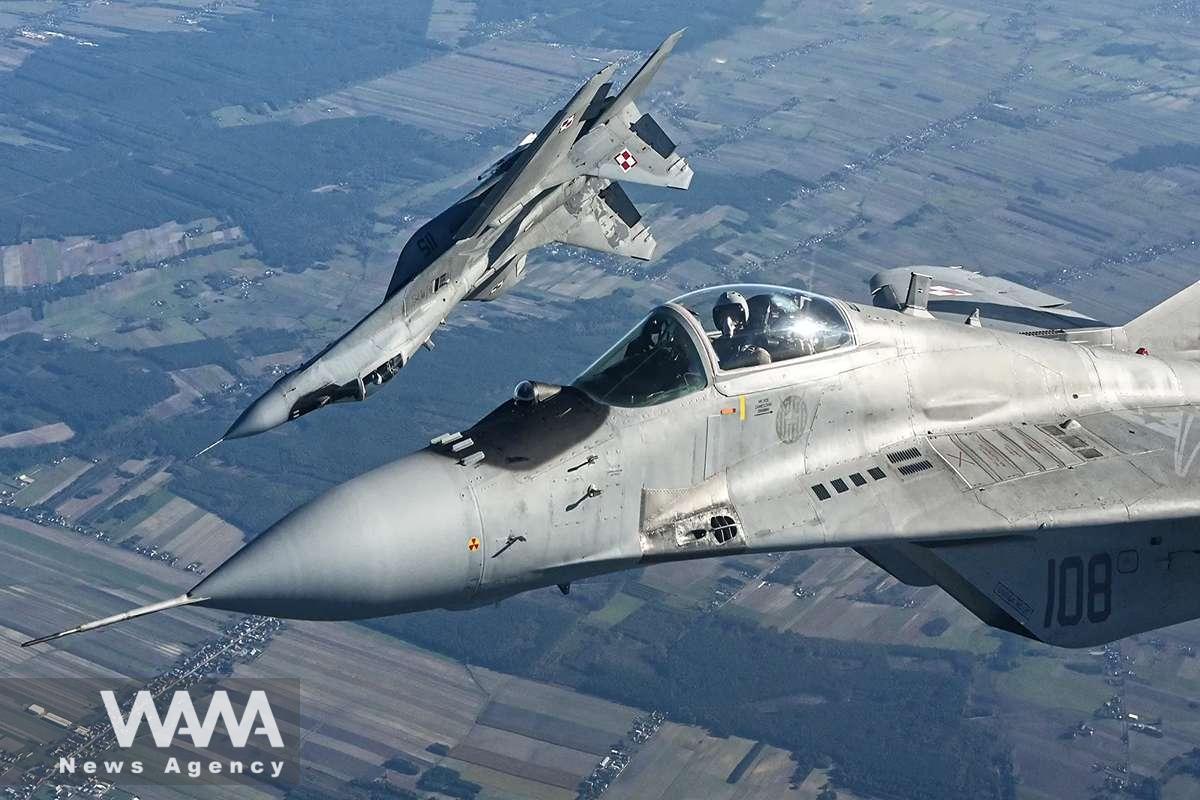

WANA (Sep 23) – Abolfazl Zohrevand, member of Iran’s Parliament National Security Commission, announced that Russian MiG-29 fighter jets have entered Iran as a short-term solution, while Su-35 fighters will gradually be delivered for long-term needs. In an interview, Zohrevand, a representative of Tehran in the 12th Parliament, emphasised that the MiG-29 jets are […]
